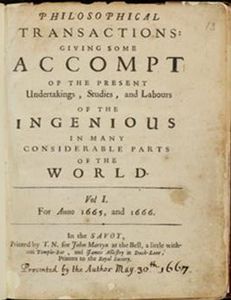Here are a few highlights of cancer research news that have recently caught my attention:
- A recent study revealed that a vegetarian diet might cut your risk of colorectal cancer by 20 percent. Dr. Leonard Saltz of MSK in a Fox News Health article commented on the study, stated: “The comforting takeaway is that a person doesn’t need to be vegan and cut out all eggs, dairy, and fish to get some benefit in terms of reducing the risk of cancer.” The study published in JAMA Internal Medicine provides additional insight into the very many health benefits of different types of plant-based diets.
- Scientists at Dana Farber Cancer Institute in Boston have developed a precision medical tool that could aide in personalized cancer treatments. The technique, called Dynamic BH3 Profiling, or DBP, quickly predicts whether or not a drug will work for a patient by first trying that drug on a tumor sample in the lab. More on this development can be found in the February issue of Cell.
- For patients with advanced thyroid cancer, two clinical trials of sunitinib, a drug approved for treatment of several other cancers, showed significant cancer fighting promise. The results were presented at the Endocrine Society’s 97th annual meeting in San Diego.
- New guidelines for the treatment of Pediatric Hodgkin Lymphoma have been published by International Lymphoma Radiation Oncology Group (ILROG). One of the guidelines outlines the use of 3-D computed tomography (CT)-based radiation therapy planning and volumetric image guidance to more effectively treat pediatric Hodgkin lymphoma and to reduce the radiation dose to normal tissue, thus decreasing the risk of late side effects.
- A recent study conducted by researchers at the University of Exeter revealed that minority ethnic men were less willing than white men to be tested for prostate cancer. The results were published in the British Journal of General Practice.
- The New York Times reported in the health section that a growing number of cancer patients undergoing chemotherapy are considering a new hair saving treatment that requires a specialized frozen cap worn tightly on the head before, during and for a couple hours after a chemotherapy session.
Please feel free to contact Marisol Hernandez to share any comments.
